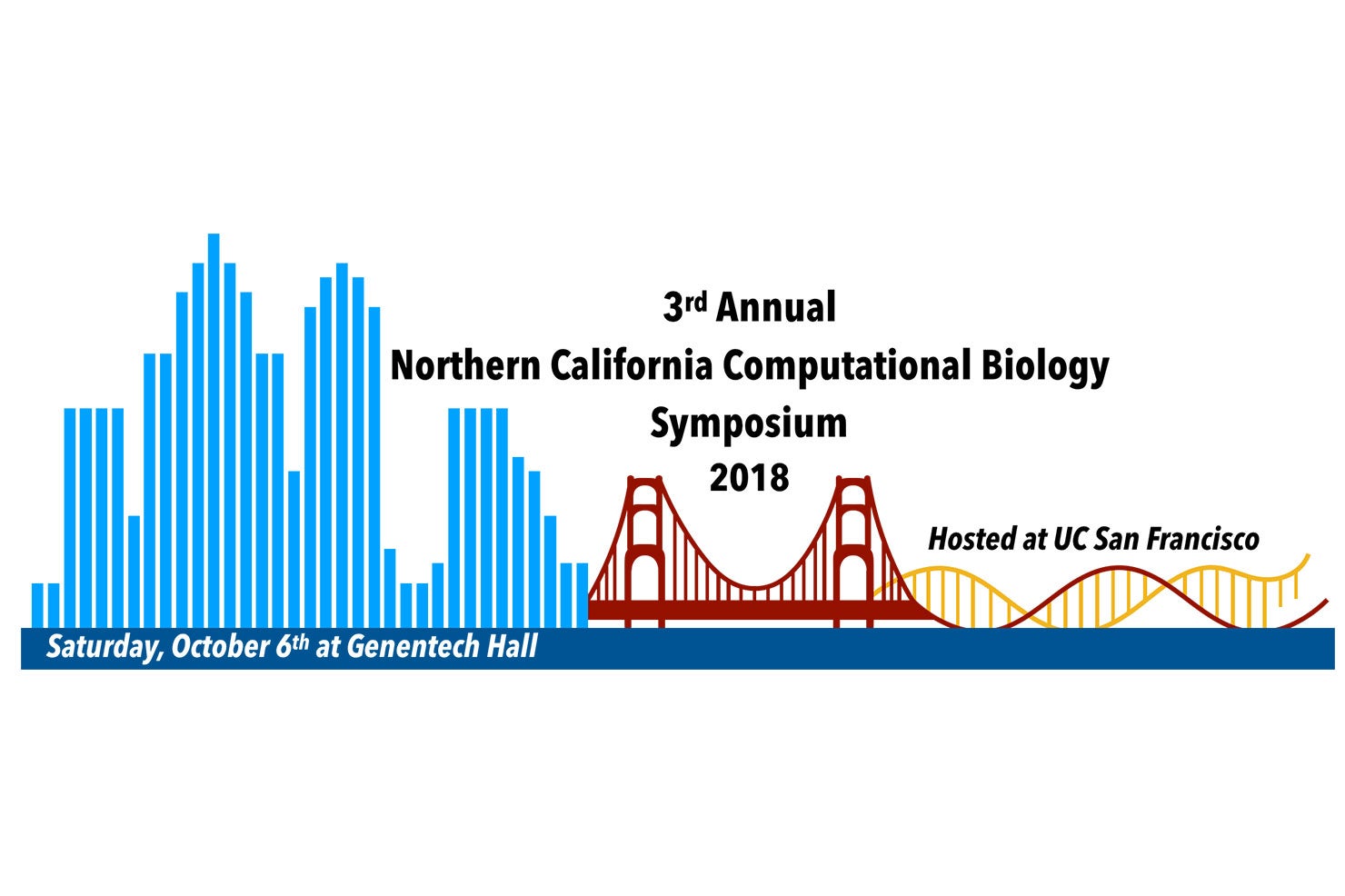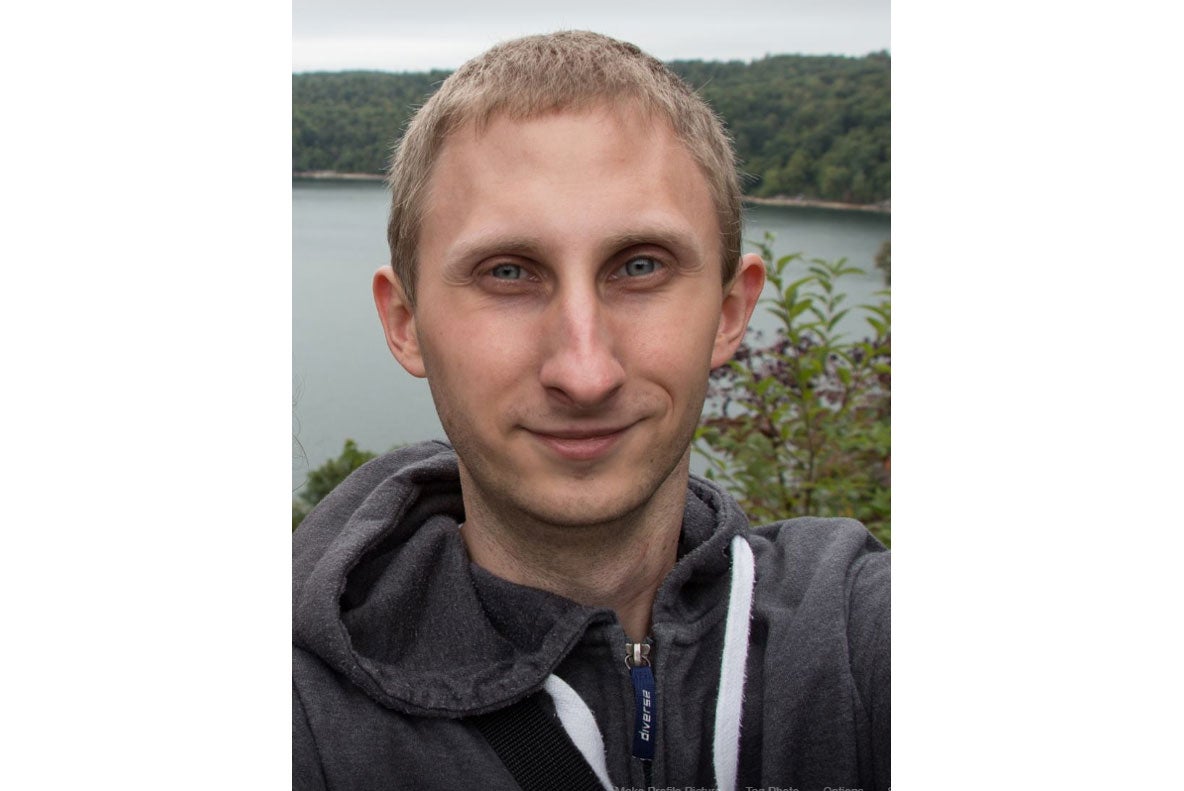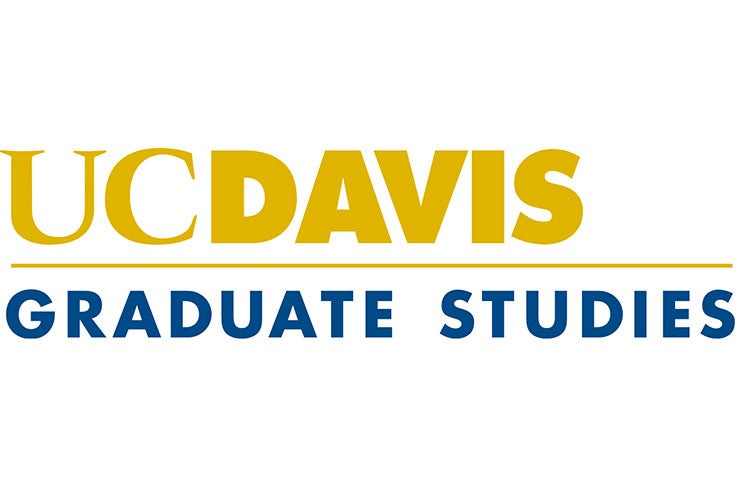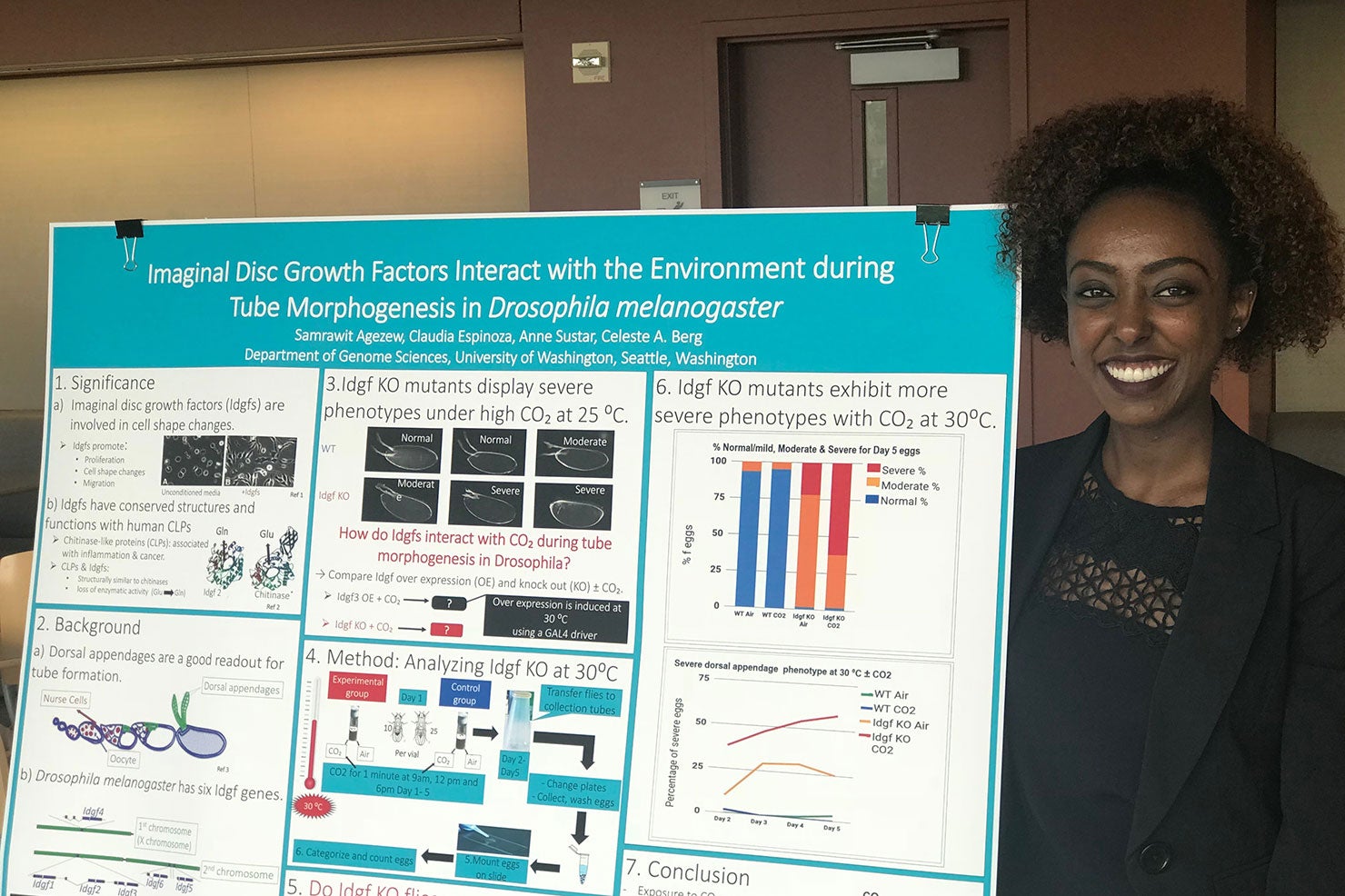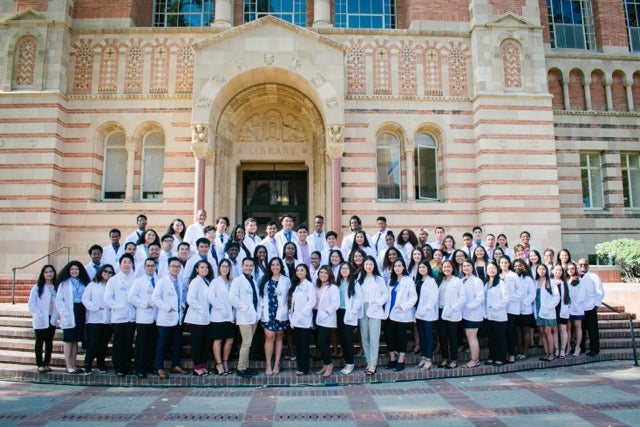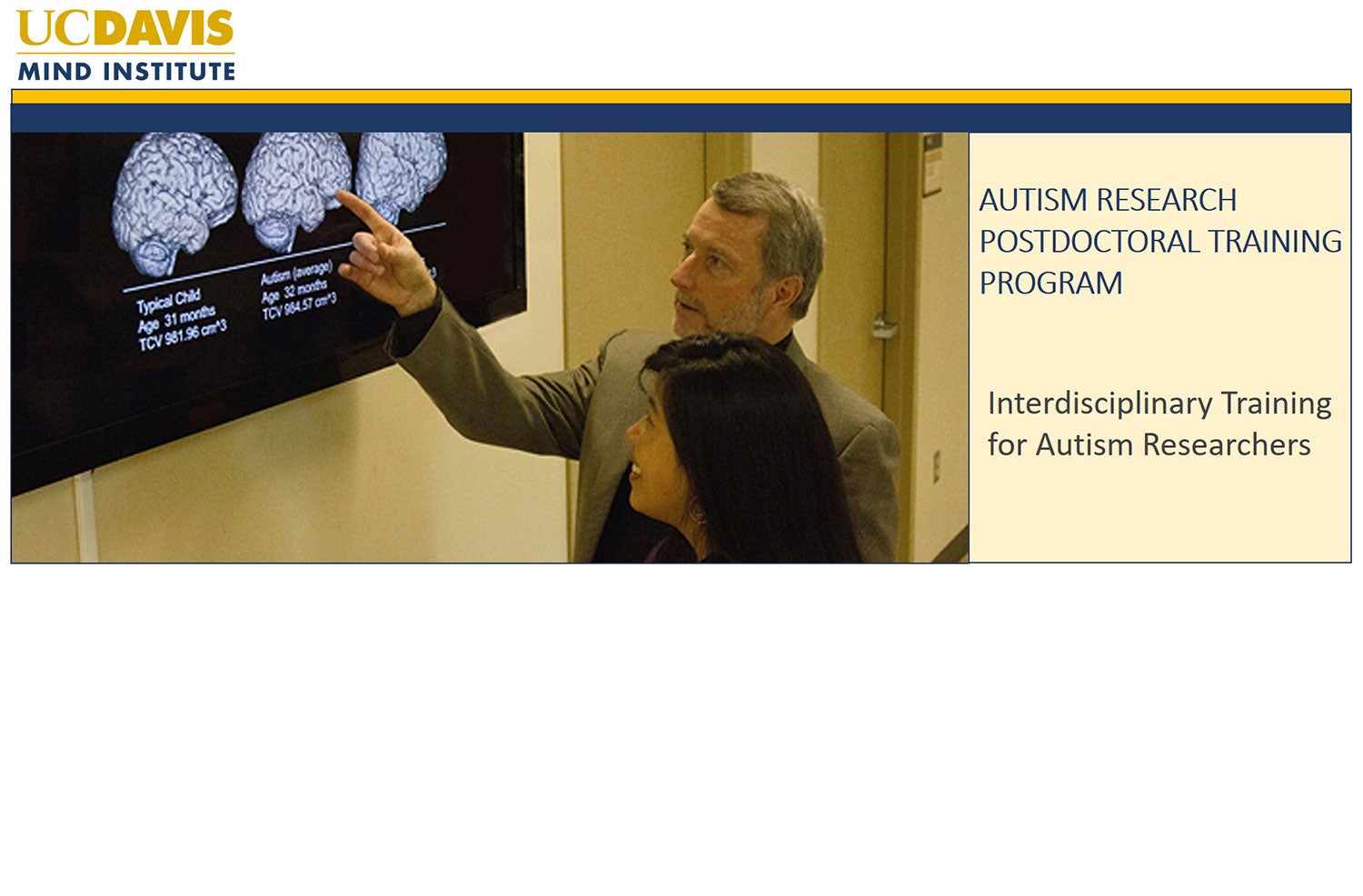Lots of Nord lab posters at SfN this year, which was in San Diego from November 3rd to 7th. Posters covered our latest work on traumatic brain injury (Iva Zdilar), maternal immune activation (Cesar Canales), Dlx transcription factors (Rinaldo Catta-Preta), embryonic basal ganglia regulatory networks (Linda Su-Feher), Scn1a mutations (Alex Nord), in-utero electroporation of CACNA1C (Jess Haigh), and Chd8 mutations (Ayanna Wade with guest presenter, Mihailo, born in September).
Category: Team (Page 2 of 6)
Ayanna, as a fellow in the Professors for the Future program, helped coordinate a symposium titled, “Science Outreach: How to Increase the Impact of Your Work,” on May 8th, 2019 as a part of her PFTF project. Invited speakers from UC Davis and the Bay Area shared their experiences performing STEM outreach in hopes to inspire an audience of future outreach coordinators. The event was a great success with both experienced and novice attendees learning helpful information.
Postdoctoral scholars Cesar Canales and Jess Haigh represented the Nord lab at the American Society of Human Genetics annual meeting in San Diego, CA, where they presented posters and enjoyed good food.
Rinaldo Catta-Preta was one of the organizers of the 3rd Northern California Computational Biology Symposium 2018, held on Oct 6, 2018 at the Genentech Hall at UCSF. Students from five UC campuses (Berkeley, Davis, Merced, Santa Cruz, and San Francisco), plus Stanford University, produced a one-day symposium including student talks, a poster session, an industry discussion panel, and networking opportunities encompassing all fields related to computational biology. The event had the participation of over 100 graduate and undergraduate students, postdocs and faculty members, and was an overall success!
Postdoctoral researcher Karol Cichewicz joins the Nord Lab. Karol has experience in genomics and behavior from his PhD study on compensatory mechanisms responding to the loss of dopamine in a fruit fly model of Parkinson’s Disease. He also created ShinyR-DAM, a popular computer program for the analysis of fruit fly locomotion, sleep, and circadian rhythms. In the Nord Lab, Karol will be investigating molecular developmental processes in the mouse brain, responding to immune activation during pregnancy, responsible for a phenotype similar to Autism Spectrum Disorder in the offspring.
Congratulations to Linda for earning the Emmy Werner and Stanley Jacobsen Fellowship from UC Davis! This fellowship is awarded each year to one graduate student whose research examines the genetic aspects of human behavior, health, and development. This fellowship is part of the annual internal fellowship competition for continuing graduate students in Graduate Studies at UC Davis. The fellowship will support Linda’s research for one year. For more information, please visit the Grad Studies page.
Samrawit Agezew, an undergraduate in the Nord lab, completed a 10 week REU Summer Research Program at University of Washington, Genome sciences department this past summer. The program is designed for undergraduates that want to enroll in to PhD or MD/ PhD programs after completing their undergraduate studies and is specific to students that are from underrepresented groups in the biomedical sciences.
Samra worked at The Berg lab, which is focused on cell communication and migration as well as patterning and morphogenesis. The lab used Drosophila melanogaster as an animal model to study the genes and pathways involved in cell development and tube formation. Samra’s project was titled “Imaginal Disc Growth Factors Interact with the Environment for Tube Morphogenesis in Drosophila melanogaster.” She looked at flies that have all six of IDGFs encoding genes deleted and how they respond to high CO2 exposure. This significant because Idgfs have human orthologues called Chitinase-like proteins (CLPs) which are found in high levels in cancer and inflammatory disease, but their mechanism is still yet to be understood.
In the summer of 2018, Tina became a Summer Health Professions Education Program (SHPEP) Scholar. SHPEP is a national program funded by the Robert Wood Johnson Foundation with assistance provided by the Association of American Medical colleges (AAMC) and the American Dental Education Association (ADEA). Over the 6 week program, Tina was able to learn about health disparities and how it affects access to health care and thus health. Through clinical exposure, PBL courses, health policy seminars, and other various workshops, she learned skills that will aid in her success as a health care professional. Congratulations, Tina!
Graduate student Ayanna Wade attended the Cold Spring Harbor Laboratory course titled, “Statistical Methods for Functional Genomics,” where she learned both traditional and cutting-edge big-data analysis methods from leaders in the field. Ayanna attended the course from June 28th to July 11th, 2019 and was supported by two travel awards from the Helmsley Charitable Trust and the UC Davis Neuroscience Ling-Lie Chau Graduate Student Award for Brain Research. Link to course found here.
Congrats to Cesar, who was recently awarded a two year T32 fellowship through the Autism Research Training Program (ARTP) at the MIND Institute! With the program starting in September 2018, Cesar will get training in the clinical and neurological aspects of autism spectrum disorders (ASDs) and pursue a research project focused the molecular mechanisms underlying pathology due to Chd8 haploinsufficiency in mice. Cesar is looking forward to many exciting future interactions with trainees and investigators at the MIND Institute as we continue to investigate the causal roots and molecular mechanisms driving NDDs.



